David Speers: Bill Shorten’s pragmatism on medical evacuations is a good compromise
If Labor and the Coalition can reach agreement on medical evacuation of refugees, the government will avoid a humiliating defeat on the floor and Labor will avoid being accused of weakening Australia’s borders.
- David Speers: How Scott Morrison became PM
- David Speers: Scott Morrison is fighting against the clock
With the border protection battle reaching fever pitch ahead of the resumption of parliament on Monday, Bill Shorten’s pragmatism appears to be kicking in again.
This week he’s been equivocal on the so-called “Medical Evacuation Bill” for refugees and asylum seekers on Nauru and Manus Island, as the government has piled on the pressure.
The bill aims to give doctors much more influence over who can come to Australia. The Immigration Minister would only be able to reject a transfer on the grounds of “national security” or “border integrity”.
Scott Morrison has warned this narrow definition would still allow rapists, murderers and paedophiles to come in. Intelligence advice was also leaked suggesting the bill would effectively end offshore processing and restart boat arrivals.
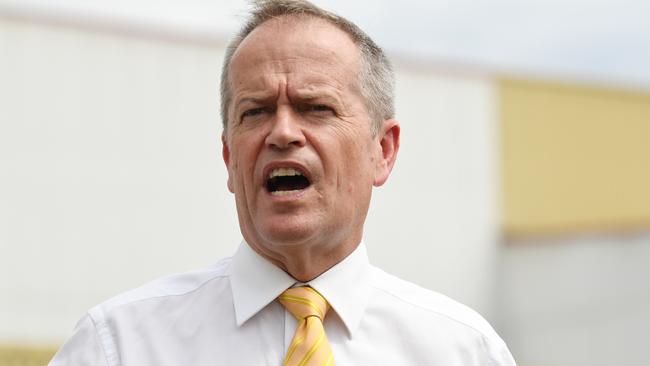
The Opposition Leader has now agreed to a briefing from the security agencies. On Monday he will sit down with the head of the Home Affairs Department, the Chief of Defence and the Chief of Operation Sovereign Borders to discuss what might happen if the bill is passed.
Yesterday Shorten left no doubt he was seeking a compromise, saying “I do think if there is middle ground we should try and (sic) find it.”
That middle ground is likely to include making the Immigration Minister’s discretion to block transfers broad and clear.
I understand senior Labor figures, including Bill Shorten, have come to the view that the Minister should indeed have the power to reject all transfers, not just those on the narrow grounds of “national security” and “border integrity”.
This would put to bed any suggestion of rapists and murderers being allowed in. This would end the debate about legal definitions of a “national security” threat.
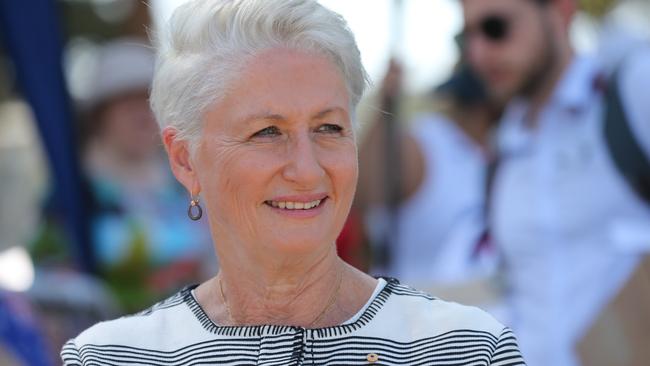
If Labor does move such an amendment to clarify the Minister’s ultimate power to refuse any transfer, or withdraw support for the bill entirely, the Greens and independent Kerryn Phelps will clearly be unimpressed. They want doctors, not an elected representative, given the final say.
Shorten will be accused of caving in to the government’s pressure, but it will be a sensible, pragmatic move.
It’s worth noting the Coalition also gave ground this week. Morrison announced his own plans for a medical panel to review transfer applications, while retaining full ministerial discretion. The two sides aren’t that far apart.
If Labor and the Coalition can reach agreement, the government will avoid a humiliating defeat on the floor of parliament and Labor will avoid being accused of weakening Australia’s borders.
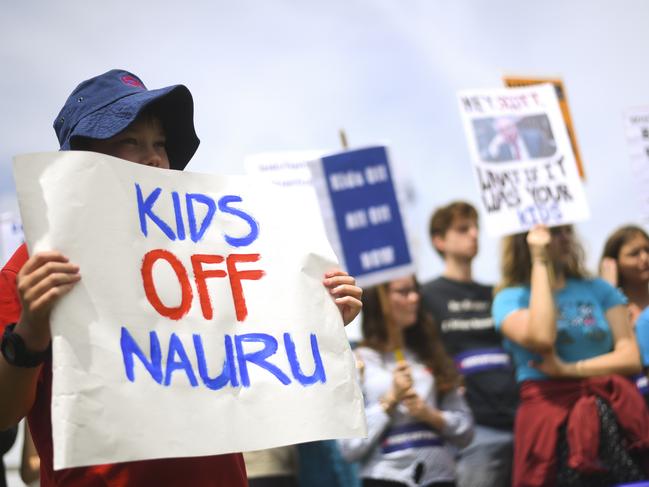
What’s been largely ignored in this debate so far is the reality of what’s happening with medical transfers right now. They are going ahead without the government’s approval and without security checks. Despite Home Affairs Minister Peter Dutton’s appeals, the Federal Court has regularly ordered transfers take place on medical grounds.
According to the Parliamentary Library, “security has not been considered in respect of any injunction given by the Federal Court”.
In other words, the court has approved medical transfers on the grounds of medical need alone.
Few realise there are now 879 men, women and children who have been transferred from Nauru and Manus Island to Australia on medical grounds, since offshore processing was re-established by the Rudd Government in 2013.
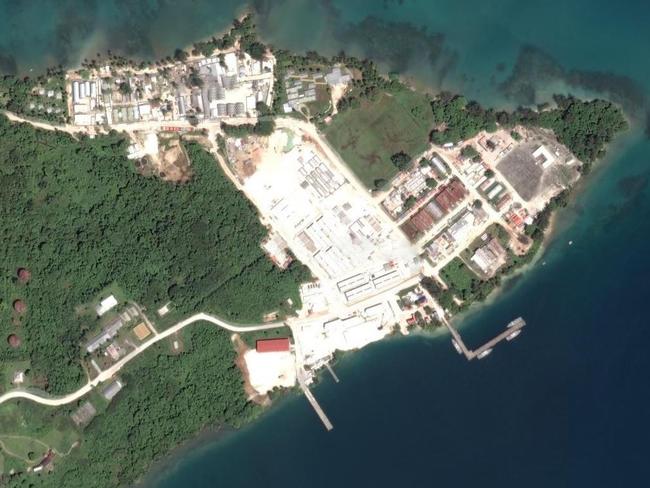
None have been forcibly returned after their medical treatment. Once they’re here, they’re here. Lawyers seek injunctions preventing them being sent back to Nauru or Manus.
They live in the community as “unlawful non-citizens”, as will the hundreds more who will be transferred to Australia whether the “Medical Evacuation Bill” is passed by parliament this week or not.
Neither side of politics will admit it, but there’s next to no chance they will ever leave Australia. They’re in legal limbo and at some point, a future government will have to give them some certainty, without giving any incentive to people smugglers to resume their trade.
This fear of giving smugglers an excuse to start filling up boats again is why medical transfers have largely happened under the radar until now. Hundreds of people have been quietly brought in.
Where the government once gave weekly military-style briefings on the number of boats stopped, there’s no such weekly, monthly or annual tally of how many sick asylum seekers are let in.
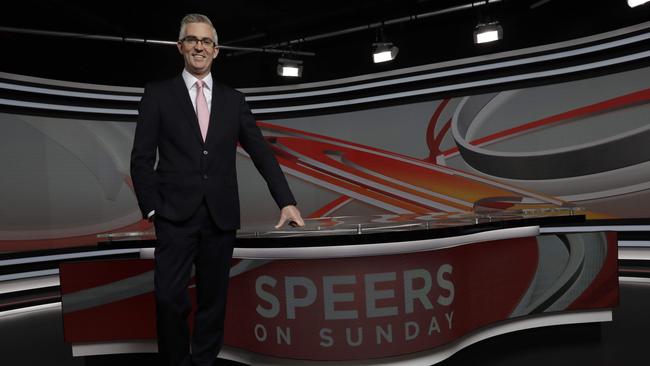
If the rules on medical transfers are changed this week, it won’t be done quietly under the radar. With an election just months away, the explosive politics of border protection will ensure everyone from here to Jakarta is aware Australia’s border protection has been “weakened”.
The best outcome would be for the two sides of politics to come together to ensure compassion is shown to those genuinely in need of medical care and discretion is retained for the Minister to keep out those who pose a risk.
It may be wishful thinking to expect a compromise in this high-stakes, whatever-it-takes pre-campaign political atmosphere, but it’s now looking possile.


